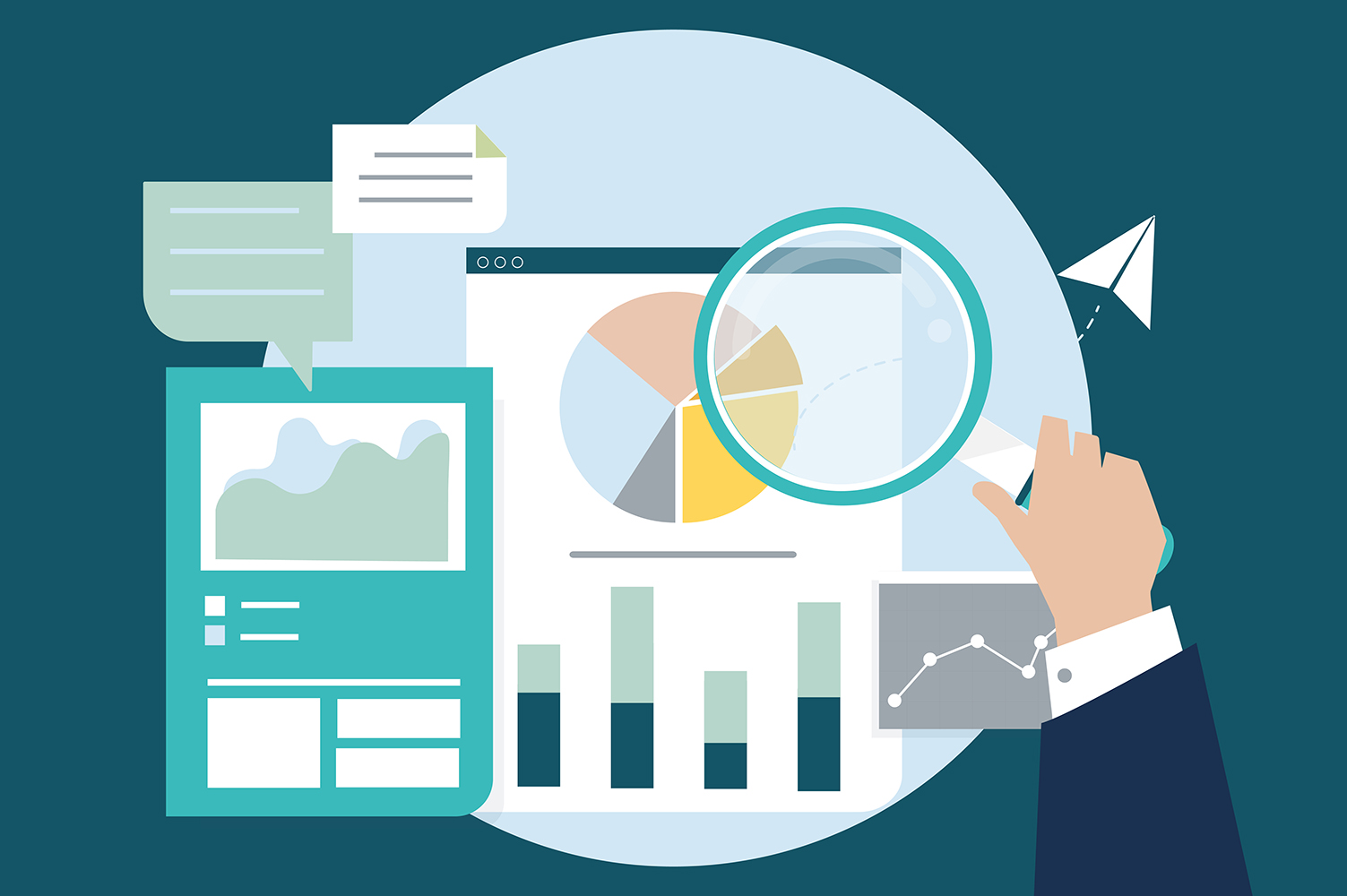The Year-End Financial Review for Small Business Owners

As the year winds down, you’ve probably got a lot to keep track of for your small business. Whether you’re juggling holiday orders or wrapping up big projects with end-of-year deadlines, you may not have time to think of much outside of your business to-do list.
Even if the end of the year isn’t considered the busy season for your industry, it’s important to take time for a year-end financial review to take stock of how this year’s finances will impact your brand’s activity next year.
Here’s a quick checklist of items to cover in your small business year-end financial review:
Your Books and Financial Reports
As the end of December draws near, remember that you need to wrap up your books for the year, in addition to your month-to-month reconciliations. Even if your company’s fiscal year falls outside of the calendar year’s ending, this is a good time to take a step back and look at the overall financial picture.
Your financial advisor can help you to remember which reports are most important to collect and may be able to provide a recommendation for a CPA who can help you get these in order.
Your Budget
While you’re running your numbers, it’s a good time to take a look at your budget and see where you met or exceeded expectations, as well as where you didn’t. This year’s budget is your most helpful tool in finalizing next year’s budget.
And if you simply operate without a budget or have been meaning to get a better grasp on your business’s expenses, there’s no time like the present to make plans to be more disciplined with company funds in the coming year!
Your Employees and Other Large Year-End Expenses
Depending on your industry, you may have some large year end expenses, like replacing equipment, purchasing materials to meet the holiday rush, or renewing essential licenses and permits. You may also want to provide a special bonus or holiday party for your employees.
Whatever your last minute large expenses are for the year, make sure you take the proper steps to plan for any tax benefits from these expenses, if applicable. And if you have large purchases around the corner, consider whether making these purchases during this calendar year might be a better idea for your tax situation.
Your Tax Strategy
Speaking of which, your small business tax strategy is something you need to check in on before the close of the year. You may have options for categorizing last-minute expenses or donations in a way to optimize your tax strategy going into the new year.
Your financial professional is the best person to consult regarding your tax strategy, since you may not know about certain tax obligations or deductions unique to your small business situation.
Your Financial Plan
Lastly, it’s essential that you put in work today to make 2020 a great year! How can you do that? Through careful financial planning.
While you may not be able to plan for every variable in your upcoming year, you should set some goals and develop a plan of action to pursue them. After all, you can’t know how to get where you’re going unless you have a destination.
Working with a financial advisor can help you to put your small business goals into perspective, prioritize them, and develop a plan to address them. A trusted advisor is an essential member small business owner’s team.



